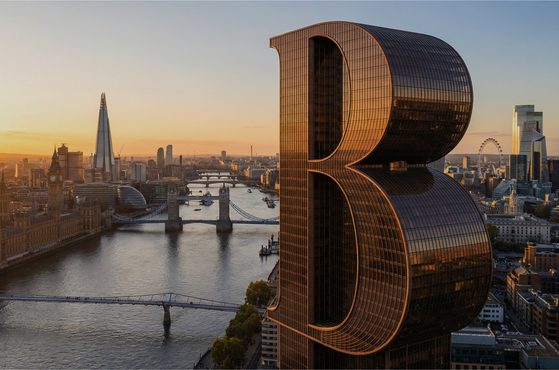Brabners secures favourable policy construction judgment for Acasta

Our award-winning litigation team has secured a High Court judgment in favour of Acasta European Insurance Company Limited.
Read more
We make the difference. Talk to us: 0333 004 4488 | hello@brabners.com
AuthorsAndrew Tindall
4 min read

Following a judgment providing welcome clarity for personal representatives in fatal accident and industrial disease cases, litigation solicitor Andrew Tindall examines new guidance from the Senior Courts Costs Office on recovering probate costs.
The Senior Courts Costs Office (SCCO) has recently provided helpful guidance on an issue that is often a point of dispute between parties in fatal accident cases – the ability of personal representatives to recover the costs of obtaining probate.
In order to take valid receipt of any damages awarded to an estate, the personal representatives must arrange to take out an appropriate Grant of Representation. For an estate of over £5,000, the application fee is £300. In the case of Mosson v Spousal [2016] EWHC 53 (QB), the Court rejected a claim for the costs of probate siting that funeral expenses are the sole exception to the general rule that expenses of the estate consequent on death are not recoverable (s1(2)(c) of the Law Reform (Miscellaneous Provisions) Act 1934). Therefore, the costs of probate or the costs of administering the deceased’s estate were not considered to be recoverable.
However, Senior Costs Judge Rowley in the more recent case of Personal Representatives of the Estate of Maurice Hutson (Deceased) & Ors v Tata Steel UK Ltd [2025] EWHC 1594 (SCCO) held that probate costs are recoverable in principle where probate is conducted for the purpose of bringing the litigation only.
The case itself concerned a dispute over the recoverability of costs in a group action brought by the estate and dependants of Maurice Hutson, with the original claim arising from alleged exposure to hazardous chemicals and fumes during steel production – resulting in workers suffering respiratory diseases and lung cancer.
In dealing with the recoverability of probate fees, Judge Rowley noted:
"67. As the arguments evolved, it was clear that the parties took a very similar line as to the extent of the dispute. The managing judge, Turner J, and indeed the parties themselves, were clear that a grant was required for any claimant to take part in these claims. If the only reason for the claimant to obtain the grant was for this purpose, then the reasonable costs of doing so would be recoverable. If a grant was obtained to administer the estate, then no more than the costs of obtaining a copy could be claimed in the litigation…
71. In my view, the bar for establishing that the grant was obtained for the purposes of the litigation is not a particularly high one. If the personal representative or administrator attended court on the assessment of their costs, it would require no more than their confirmation that the grant had been obtained for the litigation for the costs of so doing to be allowed in principle. Consequently, the witness evidence of the two solicitors in these cases which is both detailed and backed by supporting documents is more than sufficient in my judgment to establish these claims."
The decision provides helpful clarification on the recoverability of probate costs and the correct approach to apply, confirming that they may be included in a costs award where they are integral to the conduct of the litigation.
To support recovery, it is essential to gather robust evidence demonstrating the necessity of obtaining probate. This typically relates to the size and nature of the estate. For instance, bank accounts with minimal balances often do not require probate for release, and small estates (generally under £5,000) are usually exempt.
Where evidence shows that a Grant of Probate would not have been required but for the litigation, this can be instrumental in addressing costs challenges early, either during negotiations or at detailed assessment.

Loading form...

Our award-winning litigation team has secured a High Court judgment in favour of Acasta European Insurance Company Limited.
Read more

We’re delighted to announce the opening of a new office in London, marking a major milestone at the end of a year defined by strong financial performance.
Read more

We explore the types of claims that PR firms can face when an initial complaint escalates and outline some practical steps to manage the risks.
Read more